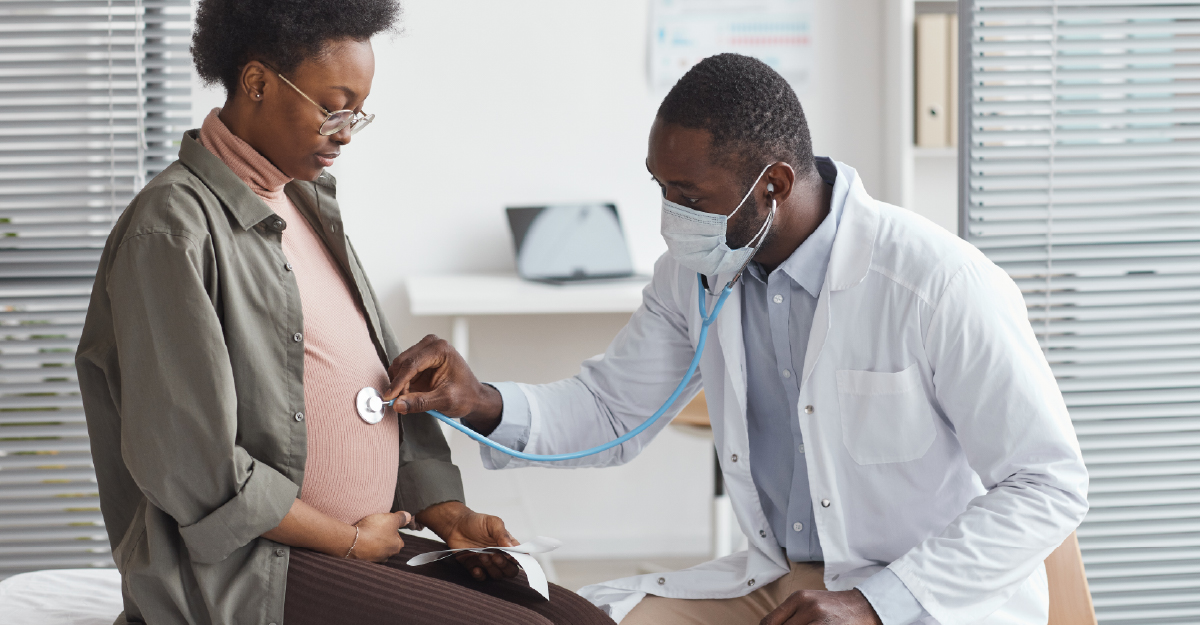
How To Secure The Baby’s Health During Pregnancy: 6 Quick Tests
It’s not uncommon for women to worry about the health of their babies during pregnancy. A lot of things affect the baby, from food to stress. Expectant mothers are naturally concerned about their baby’s development. Fortunately, there are some ways women can monitor their health and their babies, ensuring they secure baby’s health during pregnancy and get all they need throughout pregnancy and into the future. This article provides information on the benefits of getting tests during pregnancy and the six tests every pregnant woman should take before giving birth to ensure her baby’s health and well-being.
Benefits of getting tested during pregnancy
There are many benefits of getting tested during pregnancy, which include:
- Early detection of defects.
- Finding out about any problems as soon as possible allows expectant mothers to make choices about their care and may mean they have time to prepare for a healthy birth.
- Early diagnosis of Down syndrome can be helpful.
Types of Screening Tests Every Mother-To-Be Should Take to Secure Baby’s Health During Pregnancy
These tests include:
- Non-Stress test
- Blood tests
- Amniocentesis test
- Non-invasive prenatal testing (NIPT)
- Ultrasound (Baby Scan)
- Chorionic villus sampling
Non-Stress test
The non-stress test (NST) is a method for detecting fetal distress. It measures your baby’s heart rate in 20 minutes to ensure no abnormalities in the heart rate during pregnancy. The idea behind this is if your baby becomes distressed, the heart rate will be higher than regular. Doctors carry this test out after 18 weeks of pregnancy or earlier, depending on whether you have had problems with previous pregnancies.
6 reasons women need a high vaginal swab test
Related: Travelling comfortably as a pregnant woman
Blood tests
It’s essential to know if your iron levels are within a normal range. An iron deficiency can cause anemia and is dangerous for your developing baby.
A CBC (complete blood count) is a simple test that determines whether you have an iron deficiency. The test will show how much hemoglobin, red blood cells, white blood cells, and platelets you have in your bloodstream.
Amniocentesis test
The Amniocentesis test is a routine prenatal test done between 15 and 20 weeks of pregnancy. It assesses the risk of genetic disorders such as Down syndrome, trisomy 18 (T18), T13, and Q6 micro-deletions.
What happens during an amniocentesis?
Doctors may ask you to have your cervix dilated before getting your amnio done. It means they will insert a balloon-like device into the opening of your cervix so that it opens up wider. Then, they’ll use an ultrasound to guide them in inserting a needle into your uterus through the vaginal opening to remove some amniotic fluid.
Non-invasive prenatal testing (NIPT)
Next, there is non-invasive prenatal testing (NIPT). It is done as early as ten (10) weeks into pregnancy to check for down syndrome and other genetic conditions. The process involves collecting a small sample of the mother’s blood, which is then analyzed for chromosomal abnormalities by analyzing several fetal cell-free DNA fragments from her plasma.
Since NIPT does not directly sample the placenta, this test may not be appropriate for women whose RhD blood type is negative.
Ultrasound (Baby Scan)
Parents receive this test early in pregnancy so that they can see their child for the first time. You’ll hear or see your baby’s heartbeat and often learn whether it’s a boy or girl. Early during pregnancy, prenatal ultrasounds can provide information on a baby’s approximate due date. Ultrasounds are painless and non-invasive but maybe over one scan, depending on how far you are in your pregnancy.

Chorionic villus sampling
Chorionic villus sampling (CVS) is a test done in the first trimester of pregnancy, usually between 9 and 12 weeks. It involves taking a sample of tissue from the chorionic villi, which are finger-like projections that grow into the uterine wall during pregnancy.
Chorionic villus sampling is a safe procedure with no risk to you or your baby. A trained doctor should only perform ultrasonography.
In summary, pregnancy tests are simple to do and quick, which makes them ideal for women who want to know their baby’s health. If a woman has a history of miscarriages, doctors can do them after the miscarriage.
Pregnancy tests are safe for both you and your baby, so there is nothing to worry about when taking these tests.

Pingback: All to Know About Cervical Screening and Pap Smear